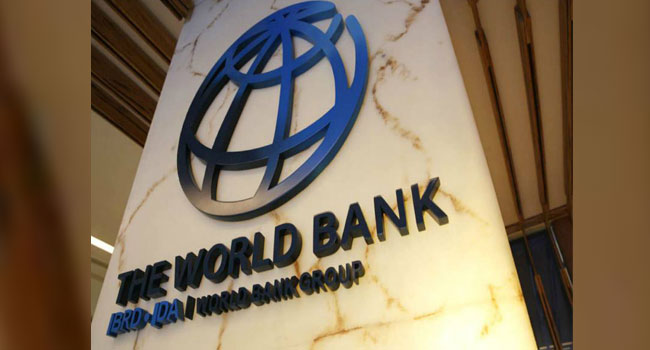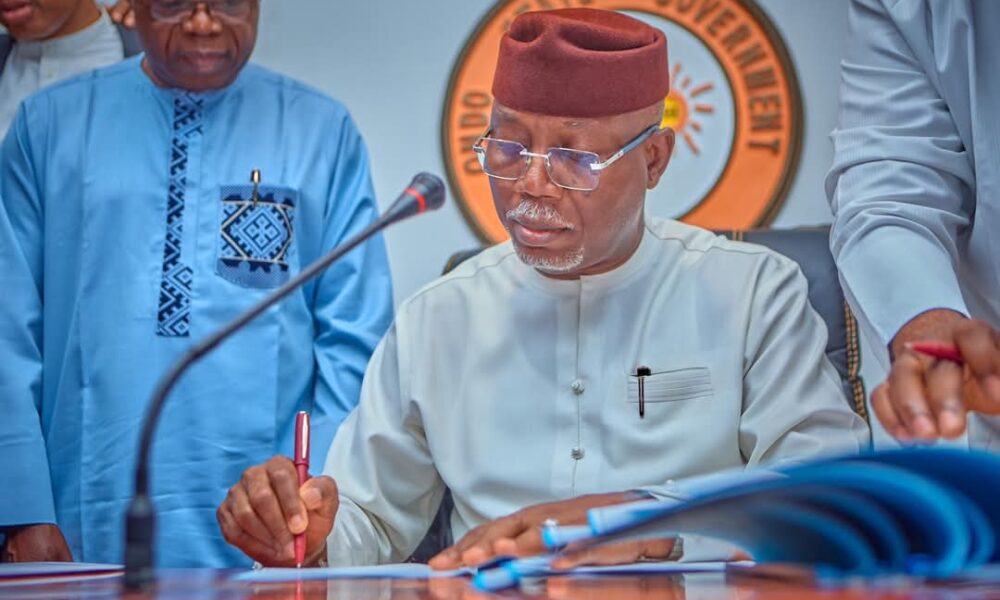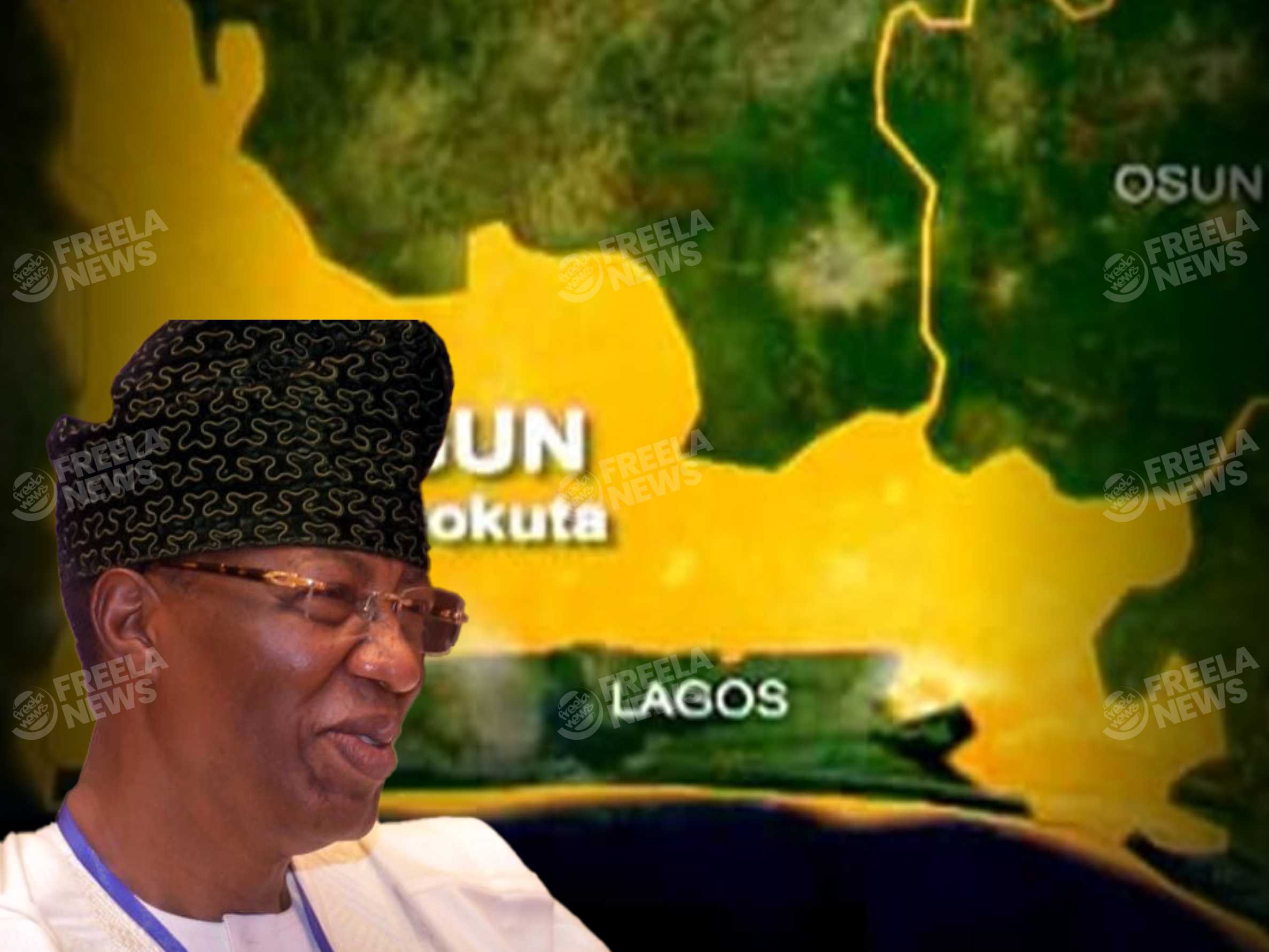Nigeria public debt rises to N152.4trn, reflecting heavy borrowing pressures as the government battles to stabilise the economy and restore investor confidence
Nigeria public debt has surged to a record N152.40 trillion as of June 30, 2025, according to fresh data from the Debt Management Office (DMO).
Also read: Presidency rejects World Bank’s Nigeria poverty report
The figure represents a N3.01 trillion increase from N149.39 trillion recorded at the end of March, signalling a 2.01 per cent rise within just three months.
In dollar terms, the Nigeria public debt climbed from $97.24 billion to $99.66 billion, highlighting a 2.49 per cent increase.
The DMO attributed the rise to a combination of domestic and external borrowings used to finance budget deficits and economic reform initiatives.
The data reveal that Nigeria’s external debt rose to $46.98 billion (N71.85 trillion) in June, up from $45.98 billion (N70.63 trillion) in March.
The World Bank remains Nigeria’s largest external creditor with $18.04 billion outstanding, mainly through the International Development Association, accounting for 38 per cent of the total foreign obligations.
Multilateral lenders, including the African Development Bank, IMF, and Islamic Development Bank, collectively hold $23.19 billion, representing 49.4 per cent of Nigeria’s external portfolio.
Bilateral loans make up $6.20 billion, led by China’s Exim Bank at $4.91 billion.
Commercial borrowings, largely through Eurobonds, total $17.32 billion, which is 36.9 per cent of external debt. Analysts warn that such exposure could make Nigeria vulnerable to global market shocks.
On the domestic front, the total debt stock increased to N80.55 trillion in June from N78.76 trillion in March, up by 2.27 per cent.
Federal Government bonds dominate the portfolio at N60.65 trillion, or 79.2 per cent, including N22.72 trillion in securitised Ways and Means advances from the Central Bank of Nigeria.
The securitisation of CBN’s overdrafts underscores the fiscal strain confronting the Tinubu administration.
Despite renewed reform efforts, experts caution that the debt expansion could undermine macroeconomic stability if not paired with strong revenue growth and spending discipline.
According to the DMO, the Federal Government owes N141.08 trillion, representing 92.6 per cent of total public debt, while states and the Federal Capital Territory owe N11.32 trillion, or 7.4 per cent.
While the DMO maintains that Nigeria public debt remains within sustainable limits, economists warn that rising interest costs, volatile exchange rates, and slower revenue growth could intensify fiscal pressures.
Also read: World Bank to approve $750m loans for Nigeria
The government continues to pursue tax reforms, foreign exchange liberalisation, and fiscal tightening in an effort to stabilise the economy, restore investor confidence, and reduce overreliance on borrowing.





























